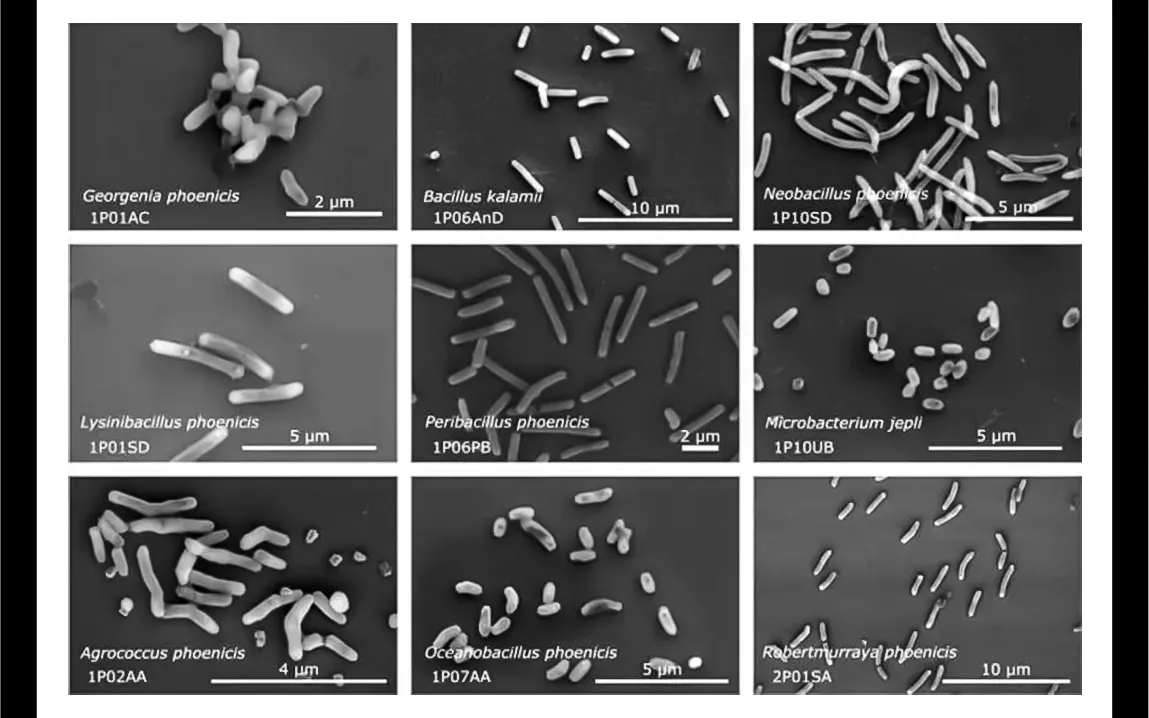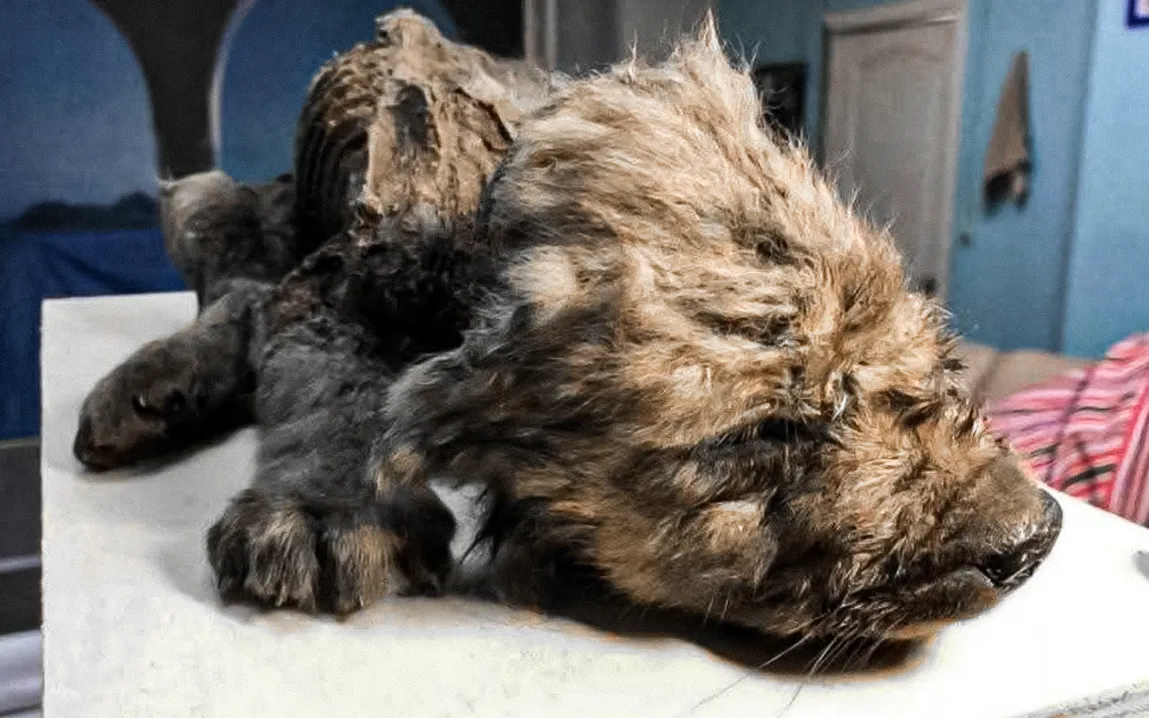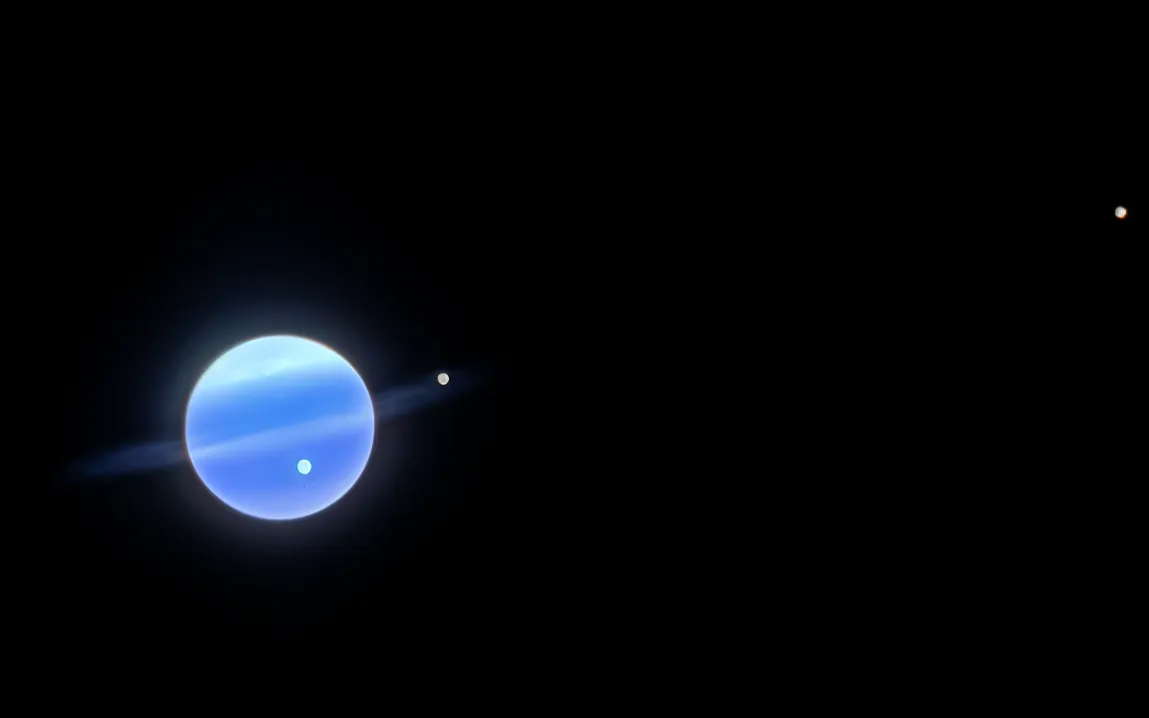A team of scientists from NASA’s Jet Propulsion Laboratory, India, and Saudi Arabia has identified 26 previously unknown bacterial species living inside NASA’s cleanrooms. These rooms are designed to be nearly sterile, yet these resilient microbes have managed to thrive, and they may offer major clues about surviving in space. The study was published in the journal Microbiome.
Built for Sterility, Yet Home to Extremophiles
NASA builds its spacecraft in cleanrooms, controlled environments where temperature, humidity, and airflow are strictly managed. These settings are meant to block dust and kill most microbes. Yet, some microorganisms, called extremophiles, survive and adapt to these harsh indoor climates.
“Our study aimed to understand the risk of extremophiles being transferred in space missions and to identify which microorganisms might survive the harsh conditions of space,” said Professor Alexandre Rosado of KAUST, who is also a member of several NASA planetary protection working groups.
Space-Hardy Genes Could Power Future Tech
The researchers found that many of the newly discovered species carry special genes that help them resist radiation, survive chemical stress, and repair their DNA. These traits make them ideal candidates for future applications in biotechnology, including medicine and food preservation.
“Space travel provides an opportunity to study microorganisms that possess relevant stress-resistance genes,” said Junia Schultz, the study’s lead author and a postdoctoral fellow at KAUST. “These genes could be engineered for use in other industries.”
Helping NASA Stay One Step Ahead
The findings are also useful for NASA’s own safety planning. Knowing which bacteria are most likely to survive the trip can help engineers build better protocols to keep spacecraft sterile and prevent accidental contamination of other planets.
“Together, we are unraveling the mysteries of microbes that withstand the extreme conditions of space,” said Dr. Kasthuri Venkateswaran, a retired NASA senior scientist and co-lead of the study. “These organisms have the potential to revolutionize the life sciences, bioengineering, and interplanetary exploration.”



